Challenge focus areas explained
Nutreco is a research-driven company always looking for better ways to produce protein, including farming livestock (through our Trouw Nutrition business line), fish and shrimp (through our Skretting business line) as well alternative food protein technologies (through our NuFrontiers investment team). Next to our own R&D efforts in our 11 global research centers, open innovation is a key way to develop breakthrough technologies. Our focus areas for the Nutreco Feed and Food Tech Challenges are:
Sustainable farming
In the coming decades, the world will need to produce as much as 70 percent more food to feed a growing world population. Currently, we already use the equivalent of 1.5 planets to support our way of life, so we need to find new solutions to produce more food with fewer resources. Despite significant efficiency gains realized in the past four decades, livestock, fish, and shrimp productivity is still below its potential on a global level, by as much as 30 – 40%.
How can you make animal farming more sustainable?
• Alternative feed ingredients and additives that reduce dependency on scarce raw materials
• Feed ingredients, additives, programs or equiptment to reduce environmental impact
• Alternative farming systems that promote animal welfare, reduce environmental output, e.g. RAS aquaculture or new livestock farming systems.
Health and welfare
Dietary strategies can contribute to disease resistance and resilience in livestock, fish and shrimp, and thereby reduce the need for antibiotics and other treatments. Nutrition affects the functioning of the gut in many aspects and has a significant impact on the microbiome, the intestinal barrier function and the immune system. In addition, assuring well-being and an absence of stress will have a positive influence on disease resistance.
How can you improve animal health and welfare?
• Feed ingredients and additives strengthening the overall health status of animals to help them grow in a healthy way, preventing diseases
• Rapid diagnostic methods and tools to improve health management at farm level and to detect pathogens and toxins in feed and in livestock, fish and shrimp
• Young animal nutrition solutions that help optimize the start of animals’ lives, as early life conditions impact lifetime health and performance
Digital & precision farming
Digital technology will have a profound impact on animal farming, including supplying the tools that will enable precision farming and precision feeding. The value of precision farming is to help farmers to provide tailored care to their livestock, fish and shrimp. This drives improved resource efficiency, animal welfare as well as economic returns.
How can you improve precision farming?
• Solutions that enable continuous monitoring or data gathering of animal welfare, health, environment, feed quality and production.
• Tools that help farmers optimize feeding, health, environmental control and production planning.
Cultivated and fermented food proteins
Next to innovation in its current core business, Nutreco intends to drive innovation in alternative proteins for food. Feeding the growing world’s population will require both more sustainable farming as well as alternative protein technologies. Nutreco is already partnering with alternative food protein companies to learn about the development of these technologies, to understand the impact on our business, and most importantly to identify opportunities to leverage existing Nutreco capabilities in the alternative protein value chain. We are specifically interested in technology-enabled / IP driven partners with a B2B business model.
What are Nutreco’s focus areas in alternative proteins for food?
• Fermentation-based production of food (and feed) ingredients involving yeast, bacteria or fungi
• Cellular agriculture, including cell-based meat and seafood, dairy or eggs, and technologies enabling cell ag production processes
The top 15 Startups are now in the mentoring phase, preparing to pitch to the jury at the end of June. Find out more about the selected Startups below.
